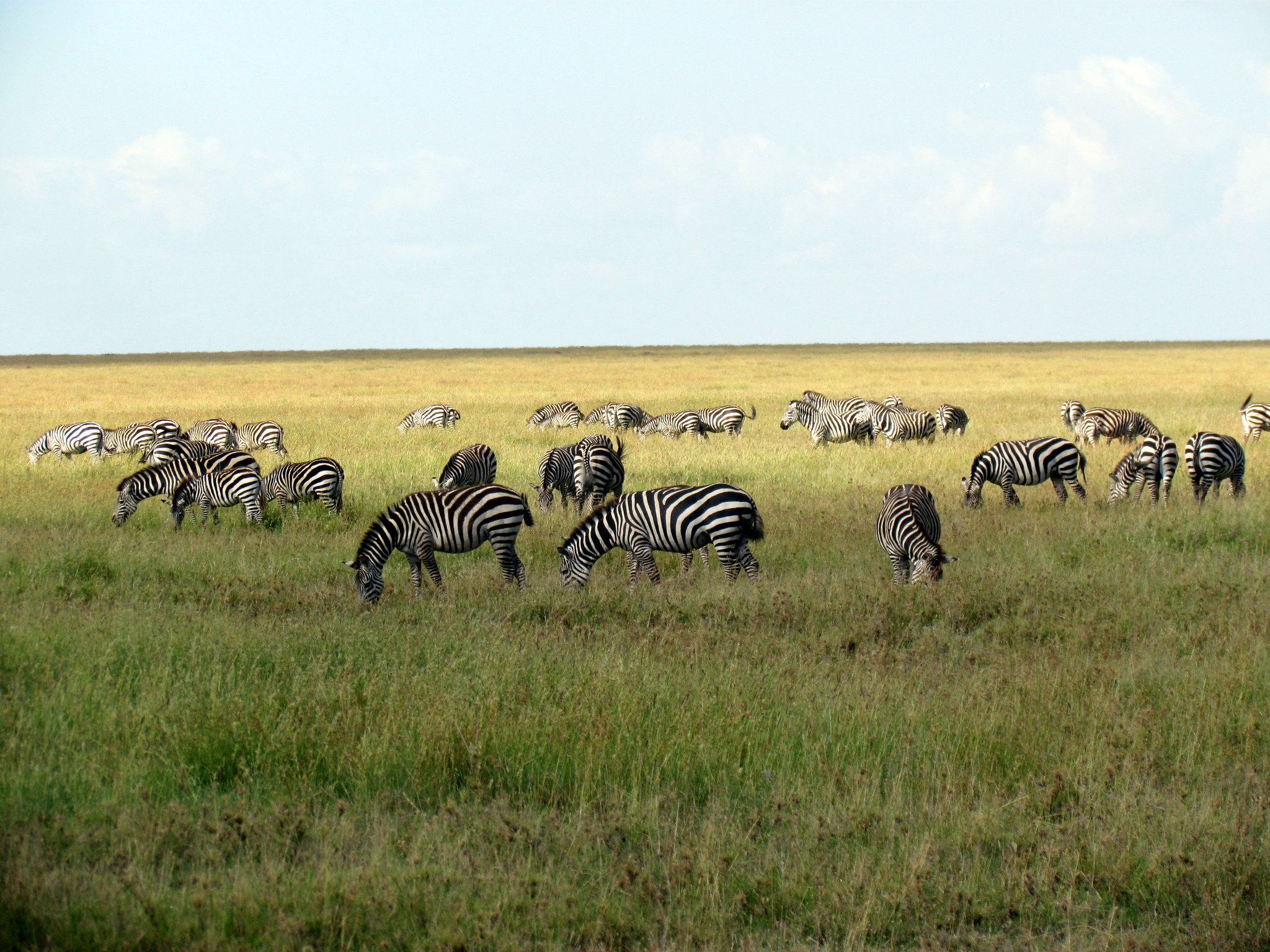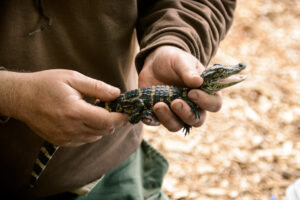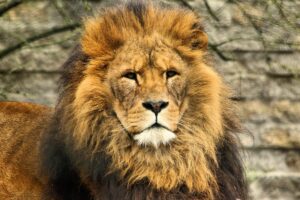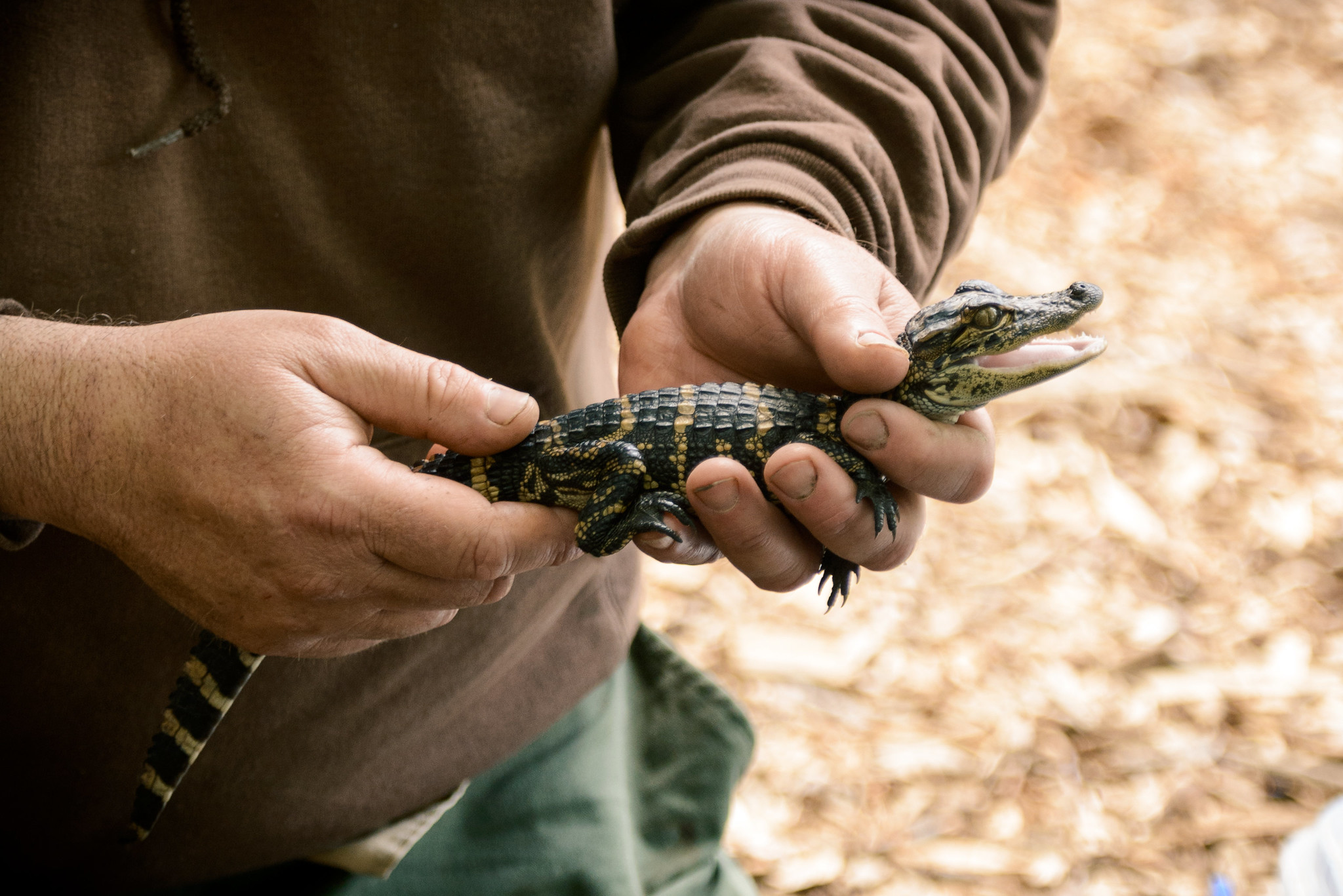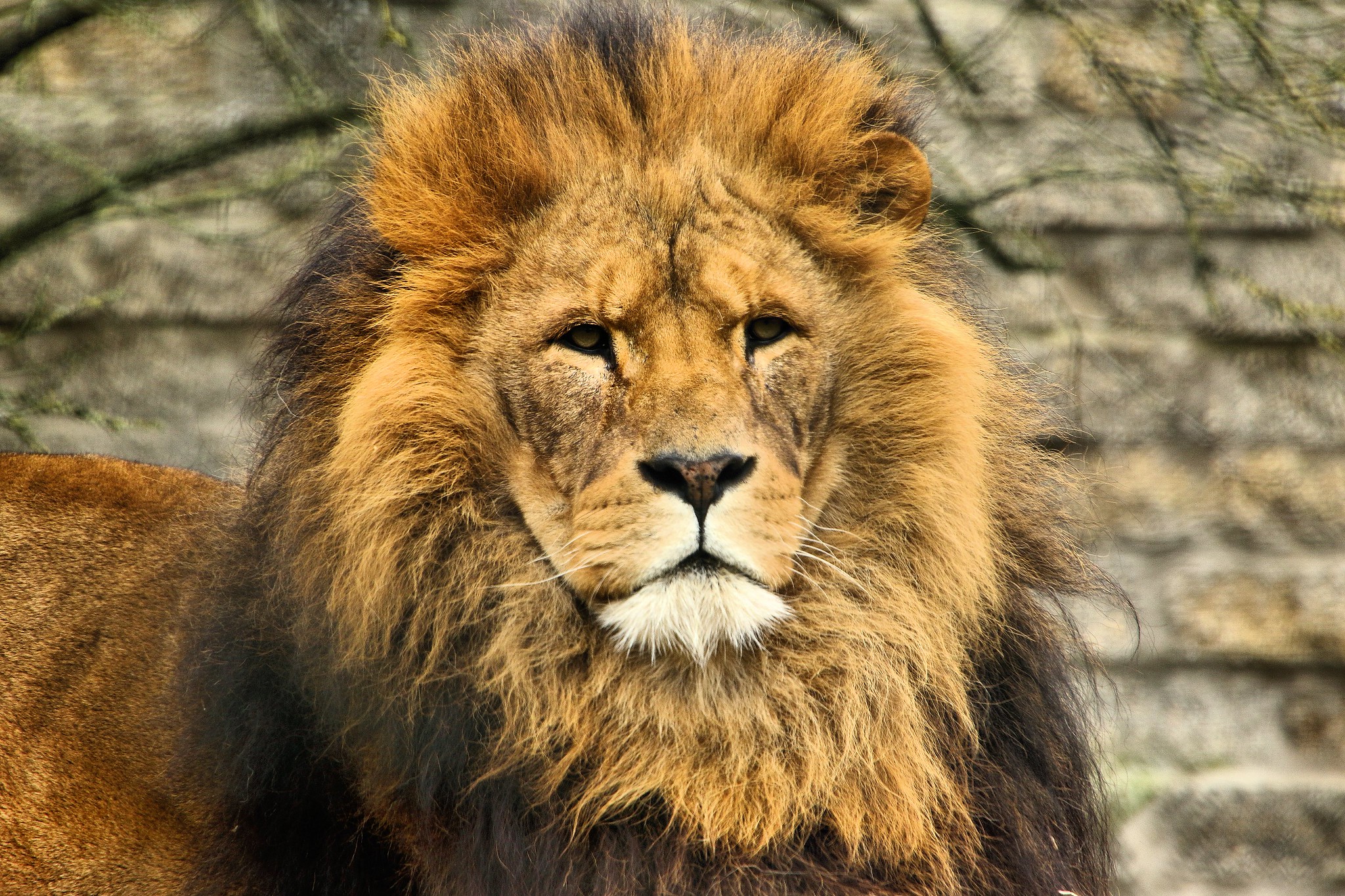In our busy lives today, most people don’t have enough time to get outside and interact with nature.
As cities expand and true wild nature is pushed further out, getting outside often means going to manicured parks and zoos.
WildEarth, a video channel and platform founded by Emily and Graham Wallington, aims to bring people back to nature through free, live safaris twice a day. The channel also features live footage from Penguin Beach, inhabited by a large colony of quirky penguins, and prerecorded nature footage that facilitates a 24/7 content stream.
Who are Graham and Emily Wallington?
Graham, who was born in Johannesburg in South Africa, started off his professional career as a SCUBA instructor. He describes himself as being “from the ocean” and has a deep passion for wildlife.
In the late 1990s, he became one of the founders of Africam.com which became one of the largest African websites of the 2000s.
Emily began her career in the BBC Natural History Unit creating wildlife content. Shortly after the two met in 2005 they formed WildEarth together.
The WildEarth board includes many advisors with high level degrees in natural science and political science. They work together to not only bring African wildlife to the masses, but to protect it for future generations as well.
24/7 Programming
WildEarth is most known for its live safaris. When the company started, the segment known as SafariLive included two teams traveling through South African wildlife conservation areas broadcasting their drives live to viewers twice daily.
Since then, the program has expanded to even more locations and broadcasts sunrise and sunset safaris led by experienced local guides.
The guides are expert wildlife trackers and naturalists who are familiar with the resident large predators in each area, allowing viewers to become intimately involved in their daily lives. From birth to death and the daily struggle to survive in the wild, the safaris show all.
In late 2021, the channel added a new live program called Penguin Beach. It focuses on one of the last remaining colonies of endangered African penguins in the Cape Coast of South Africa.
Experts walk among the colony and track specific penguins with unique personalities as they go about their daily lives.
In a more chill program, Escape to Nature takes viewers on a live journey through locations in South Africa, Namibia, and Botswana. It focuses more on the sights and sounds of nature rather than the educational exploration of SafariLive and Penguin Beach.
Broadcasting as Conservation
The WildEarth team are passionate about conserving what’s left of nature, but also believe that sharing it with the masses is equally as important to conservation efforts.
In an interview with Korea IT Times, Wallington explains:
“WildEarth helps millions of viewers feel remotely present in nature without increasing their footprint. Instead of a few physical guests on safari, WildEarth is able to seat millions and still have the same 4 wheels on the ground.”
She said that this unique approach helps preserve the natural environment that they seek to inform the public about.
“This allows WildEarth to scale ecosystem services with no additional harm and thereby increase the value of nature for all,” Wallinton goes on.
“Providing our viewers and a broader audience to “buy into” wildlife conservation not only offers a new and clean source of income for custodians, it also offers our viewers and animal lovers an opportunity to engage with wild animals in a completely new way as well as new insights for research and animal conservation itself, as we’ll be able to offer far more data on animal population sizes.”
The global COVID-19 pandemic also brought the channel a significant increase in traffic.
“What we think happened here – actually we know what happened – was that as that first lockdown struck in South Africa, a whole lot of school moms on their various WhatsApp groups started saying to each other on all the WhatsApp groups around South Africa, ‘Hey, now that your kids are stuck at home, rather than having them watch Cartoon Network or something, why don’t they go and watch WildEarth. It’s educational and fun.’ And we just saw this massive rise in audience.”
A Cast of Characters
Part of what makes WIldEarth so special is its ability to maintain a recurring cast of characters.
With its twice daily drive format, viewers come to know the local wildlife by name and become invested in their lives.
The interest in individual animals led the company to experiment with a collection of non-fungible tokens, or NFTs, to raise money for the Djuma game reserve where SafariLive got its start.
Wallington explained the thought process behind the collection in an interview:
“We managed to sell about 1,100 non fungible tokens or NFTs. Ours is a particularly interesting one because the purpose of these non-fungible tokens is to help to incentivise the conservation of a productive wildlife habitat. Essentially the biggest single challenge we face in conservation in the world today is the fact that we don’t need to manage the animals.
The animals have been managing themselves for a very long time. What we need to do is to conserve the habitat in which they live. And that’s the key thing they need from us. They just need us to leave them alone, but in the habitat where they need to live.”
The collection has raised about $15,000 for the game reserve.

